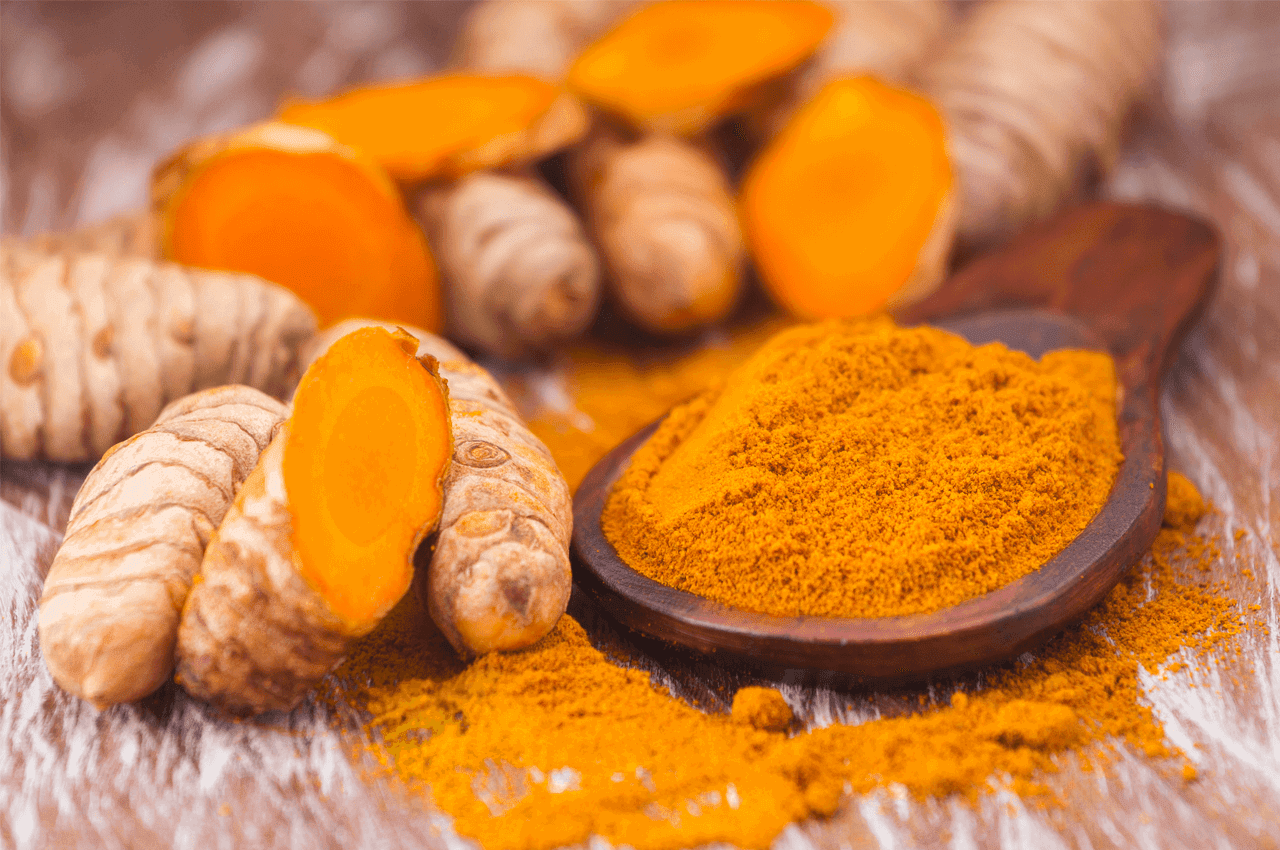
Many people experience bloating. It feels like fullness or tightness. Sometimes, it causes discomfort. Gas can be a major factor. Swelling in the abdomen is common. This feeling can be frustrating. It affects daily life sometimes. Understanding its causes helps. We can then find relief. Simple changes often work best. Natural methods are often effective. They offer gentle solutions.
Eating Slowly and Mindfully
How we eat truly matters. Eating too quickly causes problems. We swallow excess air this way. This air gets trapped in the gut. It leads to uncomfortable bloating. Chewing food thoroughly is important. It breaks down food better. Digestion starts in the mouth. Take your time with meals. Don’t rush through eating. Focus on your food’s texture. Savor each and every bite. Mindful eating reduces air intake. It aids the digestive process. This simple habit helps greatly.
Avoiding Carbonated Drinks
Fizzy drinks are a common culprit. They contain dissolved carbon dioxide. This gas gets released in your stomach. It expands, causing a bloated feeling. Sodas, sparkling water, all contribute. Even diet sodas are problematic. The artificial sweeteners cause issues. They can ferment in your gut. This fermentation produces more gas. Opt for plain water instead. Herbal teas are also great choices. They can soothe your digestive system. Avoiding bubbles brings quick relief.
Limiting High-FODMAP Foods
Some foods are hard to digest. They contain specific carbohydrates. These are called FODMAPs. They ferment in the large intestine. This fermentation creates gas. Common high-FODMAP foods include onions. Garlic and certain fruits also cause issues. Some dairy products are high in them. Wheat and beans can also be culprits. Identifying trigger foods is key. Keep a food diary to track. Eliminate them one by one. See if symptoms improve. Reintroduce them slowly later. This helps pinpoint your sensitivities.
Increasing Fiber Gradually
Fiber is vital for digestion. It helps keep things moving. A lack of fiber causes constipation. This can lead to significant bloating. But adding too much too fast hurts. It can actually worsen bloating. Your gut needs to adjust slowly. Increase fiber intake gradually. Start with small portions daily. Drink plenty of water with fiber. Water helps fiber pass through. Good sources include fruits and veggies. Whole grains and legumes also help. Find your comfortable fiber level.
Staying Well Hydrated
Water is essential for health. It helps prevent constipation. Dehydration can lead to bloating. Your body retains water then. It tries to compensate for loss. This retention causes puffiness. Drink enough water daily. Aim for at least eight glasses. Water helps fiber work correctly. It keeps the digestive tract smooth. Staying hydrated reduces bloating. It supports overall gut function. Carry a water bottle with you. Sip throughout the entire day.
Regular Physical Activity
Movement helps digestion greatly. Exercise stimulates gut muscles. It helps move gas through the system. Regular activity prevents constipation. Even light walking makes a difference. Aim for a brisk walk daily. Yoga also works wonders. Certain poses aid digestion. Exercise reduces stress too. Stress can worsen bloating symptoms. Find an activity you enjoy. Make it a part of your routine. Movement is medicine for the gut.
Considering Peppermint Oil
Peppermint oil offers relief. It has antispasmodic properties. This means it relaxes gut muscles. It can ease gas and discomfort. Peppermint tea also works well. Sip it slowly after meals. You can find enteric-coated capsules. These release oil in the intestines. Always check with your doctor first. Especially before taking supplements. Peppermint is a natural remedy. Many find it quite effective. It soothes the digestive tract.
Using Digestive Enzymes
Sometimes, bodies lack enzymes. These enzymes break down food. Lactase breaks down lactose. Amylase breaks down carbohydrates. Lipase breaks down fats. When deficient, food ferments. This causes gas and bloating. Digestive enzyme supplements help. They assist in food breakdown. Take them with your meals. Consult a healthcare professional first. They can recommend the right type. Enzymes support nutrient absorption. They reduce digestive burden.
Probiotics for Gut Health
Probiotics are beneficial bacteria. They live in our gut. They support a healthy microbiome. An imbalanced gut causes issues. It can lead to bloating and gas. Probiotics help restore balance. They aid in proper digestion. Look for diverse strains. Lactobacillus and Bifidobacterium are common. You can get them from fermented foods. Yogurt, kefir, sauerkraut are examples. Supplements are also an option. Take them consistently for best results. A healthy gut means less bloating.
Herbal Teas for Soothing
Certain teas are very soothing. Ginger tea is a great choice. Ginger reduces inflammation. It aids in stomach emptying. Fennel tea also helps relieve gas. Anise tea is another good option. Chamomile tea calms the system. These teas are gentle remedies. They provide warmth and comfort. Sip them throughout the day. Especially after heavy meals. They offer natural digestive support. They can ease your discomfort quickly.
Avoiding Artificial Sweeteners
Many processed foods contain them. Sorbitol, xylitol, mannitol are examples. These are sugar alcohols. Our bodies can’t digest them well. They ferment in the colon. This fermentation creates excess gas. It leads to significant bloating. Check food labels carefully. Avoid products with these sweeteners. Choose natural sugars in moderation. Honey or maple syrup are options. But moderation is still important. Your gut will thank you for it.
Chewing Gum Can Cause Bloating
Chewing gum seems harmless. Yet, it causes air swallowing. This air gets trapped in your gut. It leads to uncomfortable bloating. Sugary gums contain sweeteners. These can also cause gas issues. Artificial sweeteners ferment in the gut. This adds to the problem. Try to avoid chewing gum. If you need fresh breath, use mints. Or brush your teeth instead. Eliminating gum helps reduce air.
Identifying Food Sensitivities
Sometimes, bloating isn’t just gas. It can be a sensitivity reaction. Common ones include gluten or dairy. Even without full allergies. Your body struggles to process them. This causes inflammation and gas. Keep a detailed food diary. Note what you eat and symptoms. This pattern recognition is key. Consider an elimination diet. Remove suspected foods for a bit. Then reintroduce them one by one. This helps identify triggers clearly. Consult a dietitian for guidance.
Managing Stress Levels
Stress directly affects digestion. Our gut and brain are linked. This is the gut-brain axis. Stress can slow down digestion. It can also cause muscle spasms. This leads to bloating and pain. Find ways to manage stress. Exercise, meditation, deep breathing help. Yoga and mindfulness are great tools. Prioritize relaxation time. A calmer mind leads to a calmer gut. Reducing stress helps immensely.
